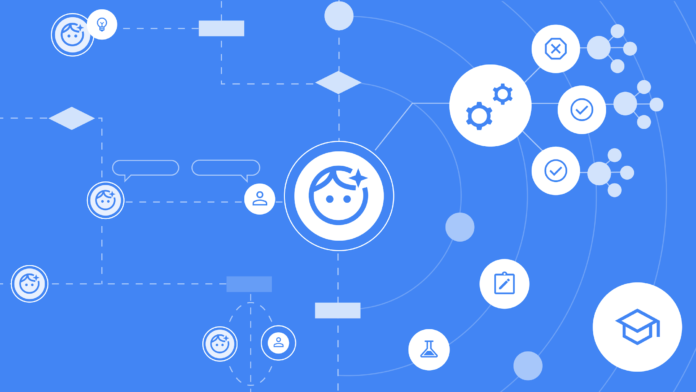
AI assistants will be integrated into society, creating questions around autonomy, safety, and misuse:
Advanced AI assistants could have a profound impact on users and society, and be integrated into most aspects of people’s lives. For example, people may ask them to book holidays, manage social time or perform other life tasks. If deployed at scale, AI assistants could impact the way people approach work, education, creative projects, hobbies and social interaction.
Over time, AI assistants could also influence the goals people pursue and their path of personal development through the information and advice assistants give and the actions they take. Ultimately, this raises important questions about how people interact with this technology and how it can best support their goals and aspirations.
AI assistants will likely have a significant level of autonomy for planning and performing sequences of tasks across a range of domains. Because of this, AI assistants present novel challenges around safety, alignment and misuse.
With more autonomy comes greater risk of accidents caused by unclear or misinterpreted instructions, and greater risk of assistants taking actions that are misaligned with the user’s values and interests.
More autonomous AI assistants may also enable high-impact forms of misuse, like spreading misinformation or engaging in cyber attacks. To address these potential risks, we argue that limits must be set on this technology, and that the values of advanced AI assistants must better align to human values and be compatible with wider societal ideals and standards.

Able to fluidly communicate using natural language, the written output and voices of advanced AI assistants may become hard to distinguish from those of humans.
This development opens up a complex set of questions around trust, privacy, anthropomorphism and appropriate human relationships with AI: How can we make sure users can reliably identify AI assistants and stay in control of their interactions with them? What can be done to ensure users aren’t unduly influenced or misled over time?
Safeguards, such as those around privacy, need to be put in place to address these risks. Importantly, people’s relationships with AI assistants must preserve the user’s autonomy, support their ability to flourish and not rely on emotional or material dependence.
We may be facing a new era of technological and societal transformation inspired by the development of advanced AI assistants. The choices we make today, as researchers, developers, policymakers and members of the public will guide how this technology develops and is deployed across society. (Gabriel & Manzini, 2024, paras. 7-14, 21)

In the banking industry, AI is now primarily focused on the following:
– Offering automated services to customers through ‘Chat bots’, voice banking, and robo-advice.
– Conducting screenings of potential customers for credit and other financial product applications, including ‘know your customer’ checks.
– Identifying new financial products to promote to existing customers.
– Detecting suspicious transactions to monitor risks, report, and ensure compliance with anti-money laundering and financial crime regulations. Various global institutions are developing algorithms to assess past transactions to predict unusual or suspicious activities in the future.
– Screening potential job candidates to assess their suitability during the interview process. (Ethical Implications of AI in Banking, 2023, para. 1)
With Ai being mentioned when I was researching both the future of subscriptions and digital banks, I thought looking into an advanced Ai assistant would further connect this tech with financial planning. With a goal of enabling how people want to live their individual lives, an Ai assistant would be catered to do just that.
If this article is correct in saying that Ai assistants will influence consumers’ path of personal development, wouldn’t knowing the individual’s financial status be important in determining the advice it gives? Would you trust an Ai assistant with that information if it was just an app you downloaded? Wouldn’t the bank be the most secure place for customers to feel assured their information isn’t going anywhere?
With the potential data and influence that Ai assistants could have, a good question comes up for how autonomous these assistants should be. Will a person be able to tell if what it computes is misaligned with them or will they follow the information blindly? What can be implemented to prevent customers possibly being misled?
I further researched the ethical implication of Ai, specifically in banking, to see how the current market has already integrated the technology into their businesses.
References
Gabriel, I., & Manzini, A. (2024, April 19). The ethics of advanced AI assistants. Google DeepMind. https://deepmind.google/discover/blog/the-ethics-of-advanced-ai-assistants/
Ethical Implications of AI in Banking. LeanTech. (2023, September 28). https://www.leantech.sg/ethical-implications-of-ai-in-banking/



